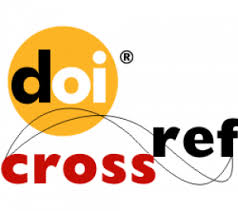E3 Journal of Business Management and Economics
E3 Journal of Business Management and Economics Vol. 2 (3) pp. 098-106, September 2011; © E3 Journals; ISSN 2141-7482
Consumers´ acceptance, adoption and behavioural intentions regarding environmentally sustainable innovations
Axel Averdung , Daniel Wagenfuehrer *University of Hamburg; Von-Melle-Park 5, 20146 Hamburg, Germany
*Corresponding Author E-mail: wagenfuehrer@econ.uni-hamburg.de
Accepted 5 September 2011
Abstract
Diffusion of sustainable product-service integrated innovations is critical for protecting the environment. Past research indicated that post-purchase behaviour is the key success factor of an ecological innovation. Therefore, it was our objective to explain post-adoption behaviour rather than the first purchase itself. Based on theory of reasoned action and theory of planned behaviour we proposed a technology acceptance model (TAM) for the adoption of environmentally sustainable innovations. The model consists of three layers which were consumer characteristics; attitude towards a service integrated eco-product and intended behaviour. Statistical data of a structural equation model (SEM) significantly support the notion that environmental sustainability did not constitute a major reason for the consumer to pay more. Other product aspects determine whether the consumer was willing to pay more for a certain product or not. Social contagion as word-of-mouth revealed to be critical in this process. Major findings contribute to existing green technology research and provide new insights into pro-environmental consumer behaviour.
Keywords: Keywords: product-service integration, sustainable technologies, structural equation model, intention to pay more, ecological tourist-services
[Download Article - PDF]




